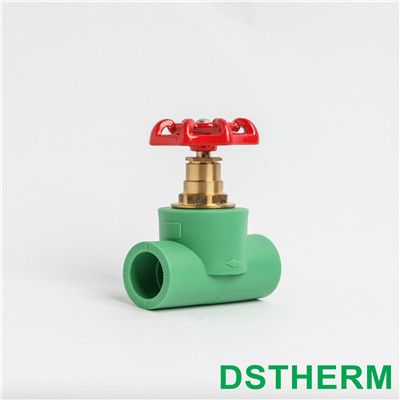The Versatility of Plastic Ball Valves: Unveiling Applications and Advantages
2024-01-03
Introduction:
When it comes to fluid control systems, the choice of materials for valves is pivotal in ensuring optimal performance and longevity. While metal ball valves are prevalent, the use of plastic ball valves has gained prominence due to their unique set of advantages. In this blog, we explore the realm of plastic ball valves, addressing the question of their feasibility and delving into the diverse applications where these lightweight yet robust valves find their niche.
Understanding Plastic Ball Valves:
Composition:
Plastic ball valves are typically constructed using a variety of thermoplastic materials, each chosen for its specific properties. Common plastics used include polyvinyl chloride (PVC), polypropylene (PP), polyethylene (PE), and fluoropolymers like polytetrafluoroethylene (PTFE).
Construction:
The basic design of plastic ball valves mirrors that of their metal counterparts, featuring a spherical closure element (the ball) within the valve body. The ball has a hole, or bore, through which fluid can pass. The position of the ball, controlled by the valve handle or actuator, regulates the flow of fluid.
Advantages of Plastic Ball Valves:
1. Corrosion Resistance:
- Advantage: Plastic ball valves excel in corrosive environments as they are inherently resistant to corrosion. This makes them ideal for applications involving chemicals or aggressive substances.
2. Chemical Compatibility:
- Advantage: Plastic materials like PVC, PP, and PTFE are known for their excellent chemical resistance. Plastic ball valves are well-suited for handling a wide range of chemicals without degradation.
3. Lightweight Construction:
- Advantage: Plastic ball valves are considerably lighter than their metal counterparts. This characteristic simplifies installation and reduces the overall weight of the fluid control system.
4. Cost-Effectiveness:
- Advantage: Plastic ball valves are often more cost-effective than their metal counterparts. This makes them an attractive choice for applications where budget considerations play a crucial role.
5. Low Friction and Smooth Operation:
- Advantage: Plastic ball valves exhibit low friction between moving parts, ensuring smooth operation. This contributes to ease of use and reduces the wear and tear on components.
6. Electrical Insulation:
- Advantage: Plastic materials provide electrical insulation. In applications where electrical conductivity must be avoided, plastic ball valves offer a reliable solution.
Applications of Plastic Ball Valves:
1. Chemical Processing Industry:
- Application: Plastic ball valves are widely used in the chemical industry for controlling the flow of various chemicals, acids, and corrosive substances.
2. Water Treatment Plants:
- Application: Plastic ball valves find applications in water treatment plants for regulating the flow of water, chemicals, and other fluids.
3. Agricultural Irrigation Systems:
- Application: Plastic ball valves are suitable for use in agricultural irrigation systems, where they can control the flow of water and fertilizers.
4. Laboratory Equipment:
- Application: Plastic ball valves are utilized in laboratory settings for controlling the flow of fluids in experiments and analytical processes.
5. Pool and Spa Systems:
- Application: Plastic ball valves are commonly used in pool and spa systems for directing the flow of water and chemicals.
Conclusion:
The versatility of plastic ball valves extends across a spectrum of applications, where their corrosion resistance, chemical compatibility, and cost-effectiveness shine. From managing aggressive chemicals in the chemical processing industry to facilitating the controlled flow of water in irrigation systems, plastic ball valves offer a reliable and efficient solution. As materials and manufacturing techniques continue to advance, the role of plastic ball valves is likely to expand, further solidifying their status as valuable components in fluid control systems.



